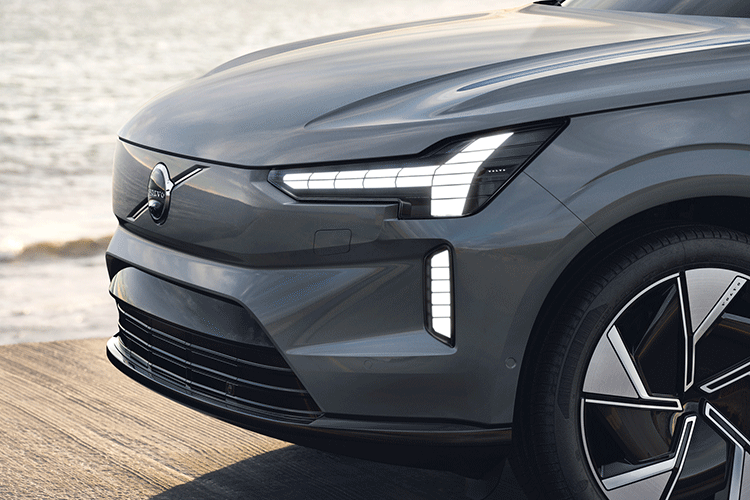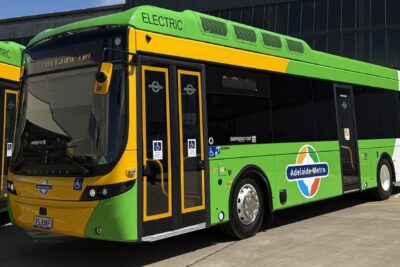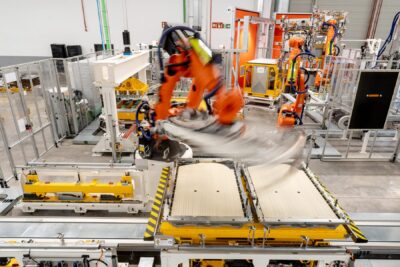Volvo and CATL launch recycling cooperation in China
Under the agreement, Volvo Cars will have end-of-life batteries from its vehicles dismantled by certified partners to recover over 90 per cent of metals such as nickel, cobalt and lithium. CATL will then use these recycled materials in new batteries for Volvo vehicles. The two companies signed a letter of intent to this effect this week.
The official aim of the partnership is to promote the recycling of battery materials and reduce the carbon footprint of electric vehicles throughout their life cycle. Chinese media also quoted from a Volvo statement circulated in China that end-of-life batteries that are not disposed of properly would “pose a serious challenge to the environment”. With the “rapid development of the Chinese market for electric vehicles”, not only is the demand for battery materials increasing, but batteries from electric cars are also increasingly reaching the end of their useful life.
The agreement is an “important milestone in building a battery recycling and closed-loop business model in China” and opens a new chapter in the closed-loop management of the battery cycle, said Tan Libin, Co-President of Marketing at CATL.
Volvo has been having its combustion-powered saloons manufactured by Geely in China for several years now. In terms of electric vehicles, the large EM90 van rolls off the production line in China and is only sold in China. Later, production of the large EX90 electric SUV will also start in China, in addition to the US production in South Carolina – both Volvo models use battery cells from CATL. According to reports, production of a large electric saloon called the ES90 will start in China next year.
In line with its sustainability strategy, Volvo wants to achieve net-zero emissions by 2040 and use at least 35 per cent recycled materials in new, all-electric models from 2030 onwards. The Swedish company has therefore been involved in a global initiative to develop recycling loops since 2021. A recycling partnership with Redwood Materials has also been in place in North America since 2022.





0 Comments